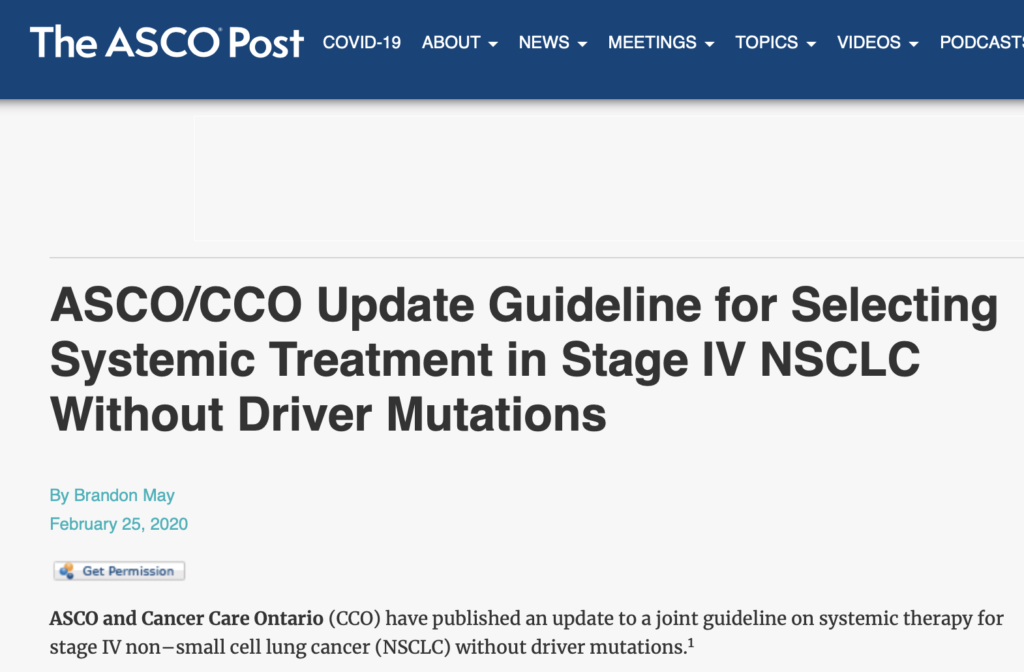Medical writing – a highly specialized form of technical writing – is a fairly niche field. This career path also features several profitable sub-niches, and each of these sub-niches produce different types of content that require the skills of a medical writer.
The Freelance Medical Writer – Listen to the Audio Podcast of This Blog Post:
What Do Medical Writers Actually Write?
Many people don’t know what medical writers actually write. In fact, many people don’t even know medical writing is a career. Here are 5 of the most common types of content a medical writer – whether freelance or employed – may create.
#1 – Medical News

The medical news generally includes concise journalistic-style stories that summarize the latest findings in clinical research. News pieces can be short and sweet, or they can be feature stories that quote several researchers, clinicians, and/or key industry stakeholders. Medical writers may also travel to conferences to provide on-site coverage of late-breaking research findings for medical news publications.
Research is published every day, so there’s a need for many medical writers to write several news stories on a regular basis. Medical news is also a great way for a new medical writer to become familiar with different therapeutic areas. A writer who begins their career as a medical news reporter also learns how to identify the most important aspects of a research study, which can come in handy for other types of medical writing projects.
#2 – Continuing Medical Education (CME)

Physicians across all therapeutic areas require regular CME credits to keep their credentials updated. A CME program addresses current “gaps” in knowledge among clinicians, the industry, or both.
To address these knowledge gaps, a CME medical writer might help a CME provider create a slide deck on a specific disease, write literature review articles, or create needs assessments (ie, grant proposals that seek funding from pharmaceutical companies). Medical writers who are interested in CME writing may wish to join the Alliance for Continuing Education in the Health Professions to learn more about CME and to connect with other professionals in the field.
#3 – Manuscripts

Pharmaceutical, medical device, CME, and biotechnology companies publish articles in medical journals on a regular basis. These articles may include a literature review or a paper that reports recent findings from a phase 1 study. A medical writer will help write the manuscript for these companies and may assist in the submission process to a medical journal.
A medical writer will often use an author-approved outline provided by the company or their client. Regular meetings will sometimes be necessary during the preparation of the manuscript to ensure milestones are hit prior to the deadline.
#4 – Regulatory Documents

Regulatory writing is a type of technical writing that’s required by regulatory agencies. Pharmaceutical companies will often hire regulatory writers to help write New Drug Applications, Clinical Study Reports, Investigational New Drug Applications, Common Technical Documents, and more.
Compared to other types of medical writing, regulatory writing is the most formal and relies less on creativity and more on concise facts. It can be a challenge for writers who are used to news pieces or long-form journal articles, patient education, or pieces that require theoretical explanations of medical concepts.
The Regulatory Affairs Professionals Society offers helpful courses for medical writers who want to learn about regulatory writing or wish to sharpen their current regulatory writing skills.
#5 – Patient Education

Medical writing can often take a formal and technical tone, especially for educational materials geared toward clinicians and business leaders. But some medical writers prefer writing for a patient or consumer audience. This type of writing is less formal and simpler in its use of terminology.
That doesn’t mean patient and consumer education is easy to write – far from it! Many medical writers who write for CME companies or pharmaceutical organizations are used to communicating with physicians. These healthcare providers often understand complex medical terms and want written content that speaks to their level of education.
Patients and consumers want straight-to-the-point materials that are easy to digest and use simple terminology. That can be a challenge for some medical writers who write scientific content for clinicians.
Should a Medical Writer Specialize?
As some point in their career, medical writers are faced with the option to specialize in a specific therapeutic area or choose to be a jack of all trades. The latter is certainly a reasonable option – medical writers are detail-oriented professionals who can understand medical and scientific concepts, no matter the therapeutic area.
In contrast, many choose to become an expert in a specific therapeutic area, like cancer or cardiology. And while this may narrow down the types of clients they can target, there’s still plenty of work available in each area.
Freelance medical writers may also specialize in the types of content they produce. Some prefer to stick to journalism-style news pieces that report the latest research findings, whereas others write strictly for CME companies. Others may wish to only produce patient and consumer education, and some will do only regulatory writing for pharmaceutical companies. The choice really depends on what the medical writer enjoys doing and what they believe they can do well.
Variety is the Spice of Life
Medical writers who choose to produce different types of content often do so if they have experience in different therapeutic areas and content types. The ability to have a varied workload can also bring more enjoyment into a medical writer’s career, because some medical writers love the ability to switch between different writing tones throughout the day. While not for everyone, a freelance medical writing career that tackles different types of projects can be an excellent challenge that may bring immense professional rewards.
Download the Slide Presentation for This Blog:
May Medical Communications, LLC
May MedComm, LLC, is a full-service medical communications company, providing freelance medical writing services for pharmaceutical, biotech, medical device, contract research organizations, hospitals, medical news publications, and CME companies across the globe.
If you’re looking for a freelance medical writer for your next project, get in touch today.